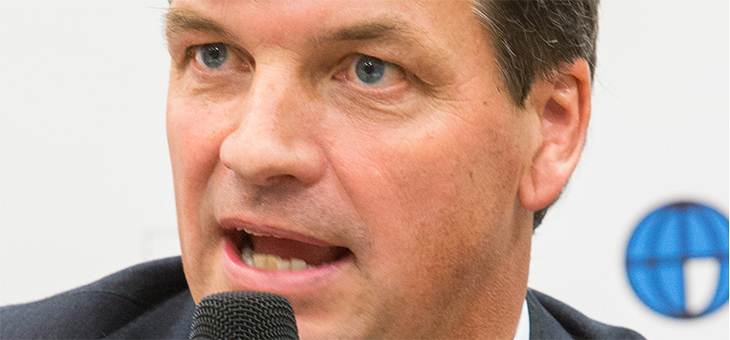Federal energy minister Angus Taylor has warned electricity retailers to pass on savings to consumers as wholesale power prices dip to their lowest point in five years.
“The government has been clear: lower wholesale prices must be translated into lower residential prices for Australian families and small businesses,” Mr Taylor said.
“It is pleasing to see some energy retailers have responded to the lower wholesale prices by offering new deals to their customers. Energy companies must put energy consumers first, especially as many struggle with the impact of the COVID-19 pandemic.”
Australian Energy Regulator (AER) chairwoman Clare Savage says the price drop is due to lower fuel costs for power generators and the increased uptake of renewable energy.
In late July, she said the AER expected retailers to offer residential or small business customers who may be in financial stress a payment plan, “even if they can’t afford to pay anything right now”.
“Any customer who is in contact with their retailer should not be disconnected.
“We want to avoid a situation where customers don’t open their bills or respond to their retailers. Anyone who is worried about their bill should contact their retailer. You will be protected from disconnection,” Ms Savage said.
The AER recently found wholesale electricity prices, which make up about one-third of residential electricity bills, were down between 48 per cent to 68 per cent on the same period in 2019.
Mr Taylor said the energy market was one of the most secure during the COVID-19 crisis and the government would watch retail prices closely.
“We will not hesitate to call on the Australian Competition and Consumer Commission (ACCC) and act if falling costs are not adequately reflected in retail bills.”
The ACCC reports on electricity prices every six months and has been given the power to move on retailers who are slow to pass on lower prices.
The Morrison government has ‘big stick’ energy laws, which include the threat of divestment for big energy companies. The law can be triggered by retailers not passing on a reduction in costs.
The Australian Energy Council (AEC) represents electricity and gas suppliers. Its chief executive, Sarah McNamara, told the AFR many factors went into retail prices, not just wholesale prices.
“Retail electricity prices will differ by retailer and region based on a range of factors, not just spot wholesale prices,” she said.
“Key factors will include the cost to the retailer of wholesale hedging contracts, as well as network and environmental costs and other retailer costs.”
Big energy companies say they are absorbing higher network charges.
The AER said last month that 94,000 energy customers had been accepted for payment plans up to the end of March.
Australian power prices have fallen after cheap renewable energy entered the grid and coronavirus lockdowns lowered power demand as offices, small businesses and factories closed.
“However, huge increases in energy usage with more people staying home have driven shock rises in residential bills and added to the financial stress for those afflicted by the economic downturn,” the AFR reports.
“At a time like this, it is vital energy companies remember their broader social obligations,” Ms Savage said.
The AER says current energy debt is $35.3 million for about 39,500 households and small businesses.
Under an update of its March ‘statement of expectations’, energy businesses are prevented from disconnecting customers that have contacted them about bill payment terms. They must not refer non-paying customers to debt collection agencies, provide information about rebates and other support to customers affected by COVID-19 and offer a suitable payment plan, with a no-payment window if required.
Mr Taylor said lower prices for gas would benefit Australia.
“Affordable gas has never been more important … This is why the Australian government believes a gas-fired recovery will drive jobs and economic growth,” he said.
Ms McNamara said the AEC wanted a “broader response” to payment difficulties so the burden did not fall on retailers alone.
“We can expect to see increasing bad debt levels, increased financial stress on retailers and a greater risk of retailer failures,” she said.
Are you suffering energy bill stress during the pandemic?
If you enjoy our content, don’t keep it to yourself. Share our free eNews with your friends and encourage them to sign up.
Related articles:
https://www.yourlifechoices.com.au/health/covid19/energy-poverty-hits-housebound-aussies
https://www.yourlifechoices.com.au/health/covid19/covid-making-us-financially-smarter
https://www.yourlifechoices.com.au/finance/news/perverse-pension-tax-on-retirees

